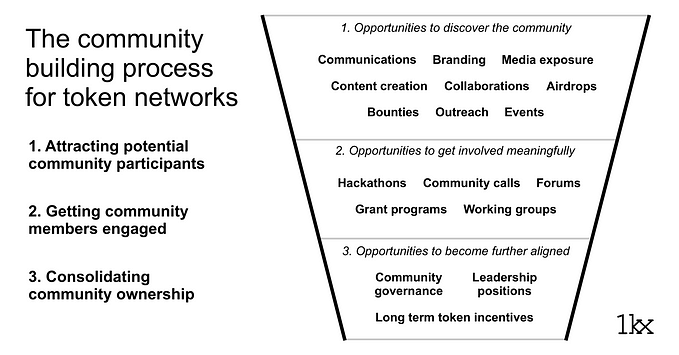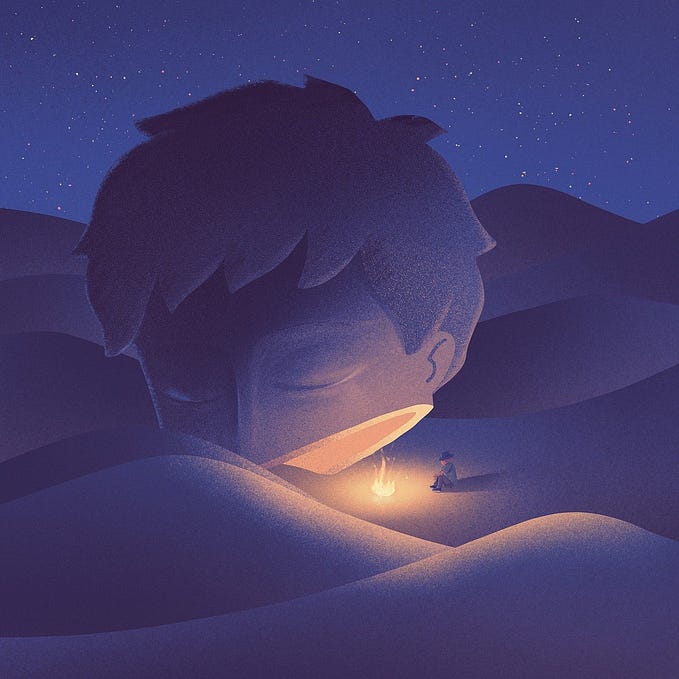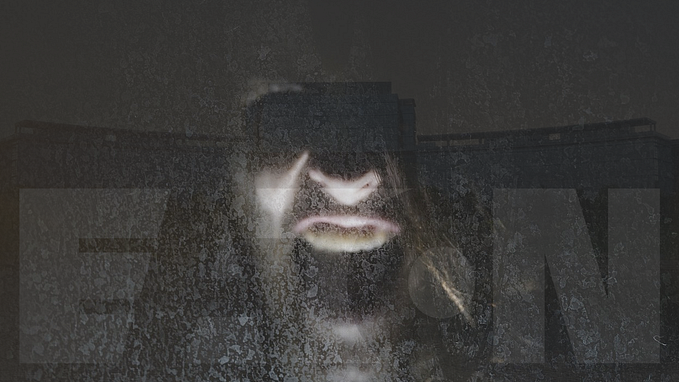
An introduction to DAOs
Resource allocation is the new activism.
What is a DAO?
DAOs (Decentralized autonomous organizations) are internet-native organizations that are run and managed by communities through transparent decision-making processes. Unlike traditional organizations, DAOs leverage the blockchain to enable everyone in the community to have input in the key governance and resource management decisions — this is a practice known as community banking.
This in contrast to traditional corporate governance structures where the organization is managed by a centralized board of directors vs. all members of the organization. The idea is that we can build better values-driven organizations by enabling them to be run, owned, and governed by communities instead of the few.
Why DAOs?
Our inability to compromise around financial maximization holds us back from being able to coordinate in society. The organizations of today are built to optimize for-profit and are usually unable to account for other forms of value such as sustainability, financial resilience, and worker alignment. It is the prisoner’s dilemma played out on a societal level: pollution, poverty, famine, pandemic, lack of medical supplies. In the end, money has no value when we are not safe nor healthy. There is more in the world that we value over profit: peace of mind, environmental sustainability, a sense of community. The point of money is to not make more of it. It is to create value: not only for me or you, but for those around us.
What do we care about?
What do the people around us in our communities care about?
With most organizations being run in top-down environments, we are unable to properly express our values in them — it should be strictly business, right? But what if we were able to work with value-aligned organizations where we could have a say in how they were run. Management would shift from a gatekeeping role to one of facilitation instead. We need new ways of forming organizations that are values driven as opposed to purely being financially driven. Only then are we able to perhaps escape this tragedy of the commons to create a more abundant world.
How do we change?
To change our outcomes, we need to change how we make decisions. We need to experiment with governance and understand new ways of how we run organizations.
Currently, organizations today rely on legacy financial infrastructure and legal entities to operate. It may take up to 2+ weeks (depending where you are in the world) to set up a legal entity and then get approved for a company bank account. Currently, not only is this inefficient and permissioned (as in, you can be denied a bank account) but there is no real feasible way to manage finances without having executive controllers in place. And even if someone breaks the rules, you would still need to go to court to sue those individuals and to arbitrate.
With blockchain- based community banking, organizations can be formed in less than 5 minutes. Relying on public blockchain infrastructure, it is global and permissionlessly accessible to everyone. Upon the formation of these organizations, the governance of these organizations is programmed so that they can’t be changed unless the members of the organization agree with them. Through the lense of blockchain technology, organizations are instead flexible computer programs that can be tweaked and altered as needed. Perfect if we are to experiment with them.
Through community banking, we can:
- 🌲 Create companies that can frictionlessly provide global work opportunities to anyone who has an internet connection
- 🌲 Enable strangers all around the world to crowdfund and form internet- native non-profits, where they can safely collaborate and fund / work / share global goals and missions that matter
- 🌲 Create companies that are owned, run, and governed by their workers and employees that can potentially make collectively more responsible decisions for society
- 🌲 Enable online communities to evolve beyond a social network of forums and chat rooms to become a fully operational community run company
However, despite the potential of community banking and the idea of DAOs, there is a lot of work that is yet to be done. We need to increasingly experiment more to discover viable organizational models, we need people to help communicate much of the sheltered work within the blockchain community and we need better tools that everyday individuals can use.
The technology for this is available. This is a call for us to experiment.
Resource allocation is the new activism.








